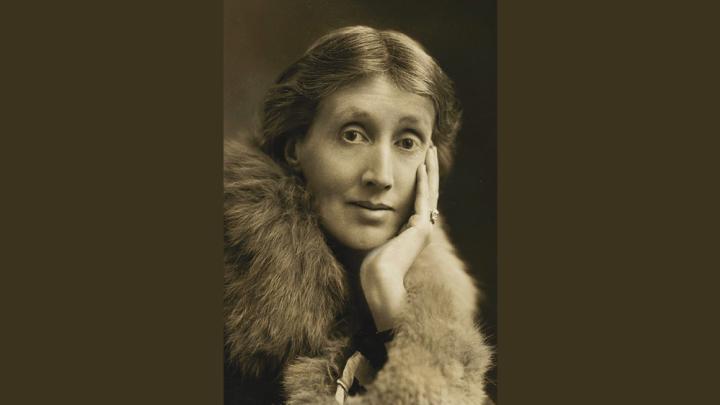Writing in her diary after a party at her sister Vanessa Bell’s house, Virginia Woolf observed, “Sh[akespea]re I thought, would have liked us all tonight.” Ego aside, that lively anecdote begins Shakespeare in Bloomsbury (Yale, $35) on a convivial note. The latest inventive work by Marjorie Garber, Kenan research professor of English and of visual and environmental studies, explores the many ways in which the playwright, poet, and actor figured in the thinking, expression, and culture of the effervescent circle of British writers, artists, and intellectuals. Excavating not only their published works but their letters and diaries, Garber has found an ocean of rich language in which to frolic. From the introduction:
Over time Shakespeare in Bloomsbury would come to play many roles: as a cultural inheritance and a social code; as an inspiration for work in genres as apparently different as fiction and biography, art history and economics; as a vehicle for expressing—and also for masking—personal opinions; as a structure of feeling and a structure of thinking; and as an example of what the philosopher G. E. Moore called a state of consciousness in a passage in his Principia Ethica that was foundational for many of the Cambridge Apostles and their friends: “By far the most valuable things, which we know or can imagine, are certain stages of consciousness, which may be roughly described as the pleasures of human intercourse and the enjoyment of beautiful objects.” The works of Shakespeare exemplified both these states of consciousness: human intercourse and aesthetic enjoyment. His plays, his language, his characters, and his aura brought Moore’s “two most valuable things” together as one—in conversation and writing, reading and performance.
When Virginia Woolf visited Stratford and looked out the window from which—her tour guide assured her—Shakespeare himself had gazed as he was writing The Tempest, she noted the peacefulness of the place, the view, and also its “sunny impersonality.” Shakespeare was, she thought, “serenely absent-present” there. It is startling to come upon this phrase, more recently associated with postmodernism, in a diary entry from 1934. But it is perfectly apt as a description of the uncanny presence of Shakespeare in the lives and minds of Bloomsbury.








